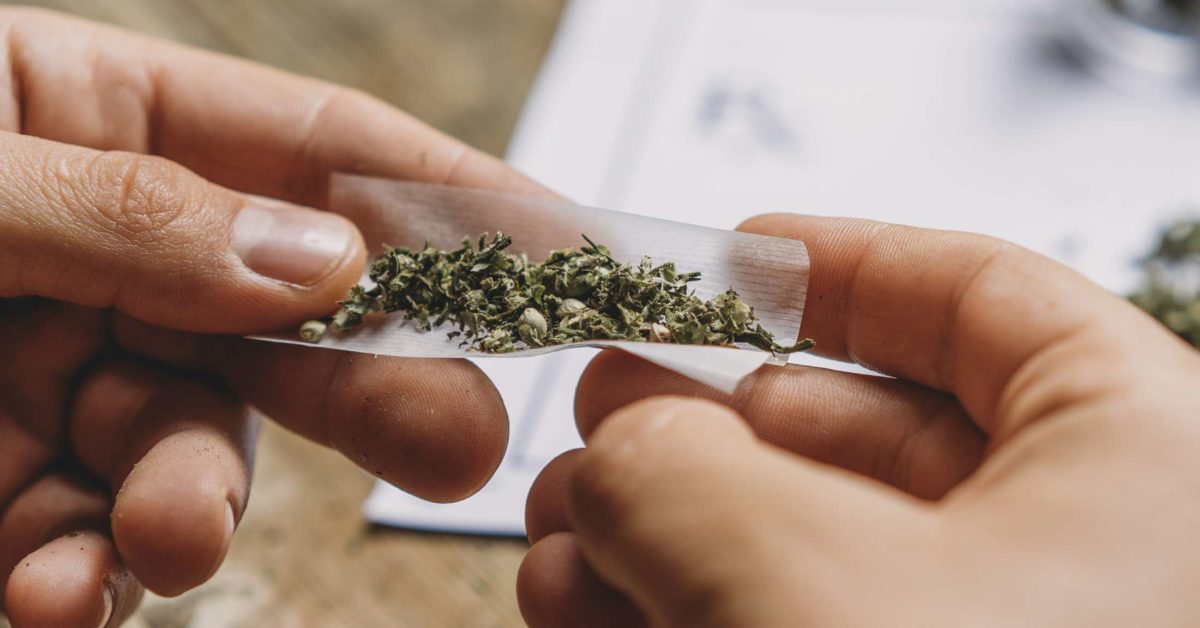Peeling Back the Leaf: The Stimulant Debate on Marijuana
Explore the analysis of marijuana as a stimulant. Unravel the effects, types and health implications of its usage.

Marijuana, also known as cannabis, is a complex plant that has been the subject of much discussion and controversy in recent years mainly due to its potential for medical usage. As part of this discussion, it's important to understand the nature of marijuana, including its classification as a stimulant, depressant, or hallucinogen. This classification can be confusing and often misunderstood because marijuana can have effects that fall into all these three categories.
Stimulants, as a class of drugs, are substances that increase the activity of the central nervous system and the body. They are characterized by heightened alertness, increased energy, elevated mood, and other similar effects. On the other hand, depressants slow down the same systems that stimulants speed up, while hallucinogens can cause people to see, hear, or experience sensations that are not real.
Marijuana's primary psychoactive component, Delta-9-tetrahydrocannabinol (THC), can induce stimulating effects. Upon consumption, some people may feel euphoric, energized, and mentally uplifted, which are characteristic reactions to stimulants. THC can increase heart rate, blood pressure, and feelings of paranoia or anxiety in some users, which likewise fall under the physiological effects typical of stimulants.
However, the story does not end there. Marijuana not only has stimulating properties but can also act as a depressant. Many users report feeling relaxed or sedated after consuming cannabis. The drug can even help to reduce anxiety in some cases, a trait often associated with depressant drugs. It slows down messages between the body and brain, can make people feel tired, and can affect their coordination—effects that are typical of depressants.
Lastly, when consumed in high doses, marijuana can lead to hallucinations, altered perceptions, and a distorted sense of reality, effects associated with hallucinogens. This means that marijuana, uniquely, can be considered a hallucinogen as well.
Therefore, marijuana is a multifaceted substance that can produce different effects in different people or even in the same person at different times. It is essential to note that while some may find marijuana beneficial, it can have negative effects on others. The drug's effects can vary widely depending on factors such as the user's physiology, the strain of marijuana, consumption method, and other variables. As such, while marijuana can have stimulant effects, it should not be solely classified as a stimulant due to its diverse range of effects.
In conclusion, the question of whether marijuana is a stimulant is more complex than a simple yes or no. It can exhibit qualities of a stimulant, a depressant, and a hallucinogen, and its effects can vary significantly between individuals. As with any substance, it is crucial to use it responsibly and understand its potential effects on your health.



